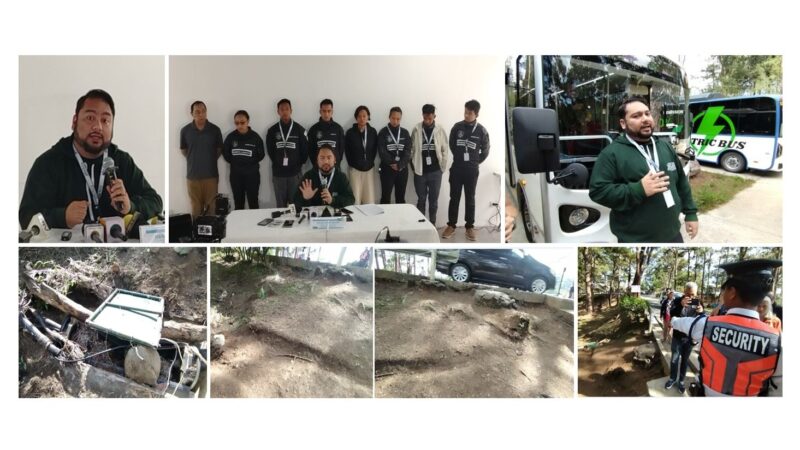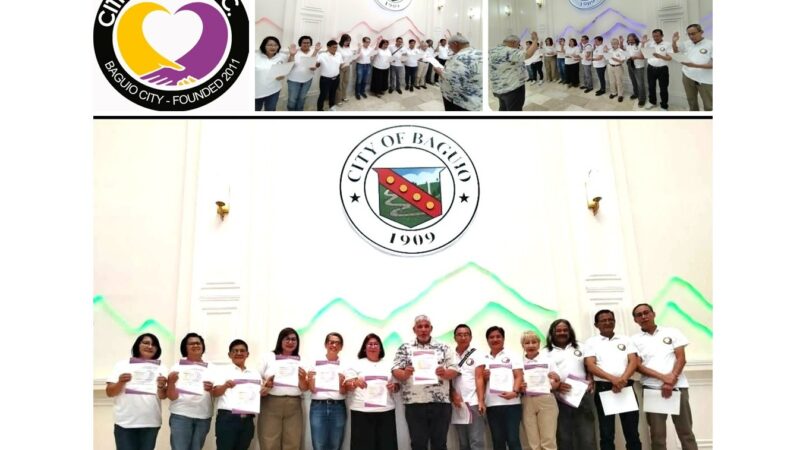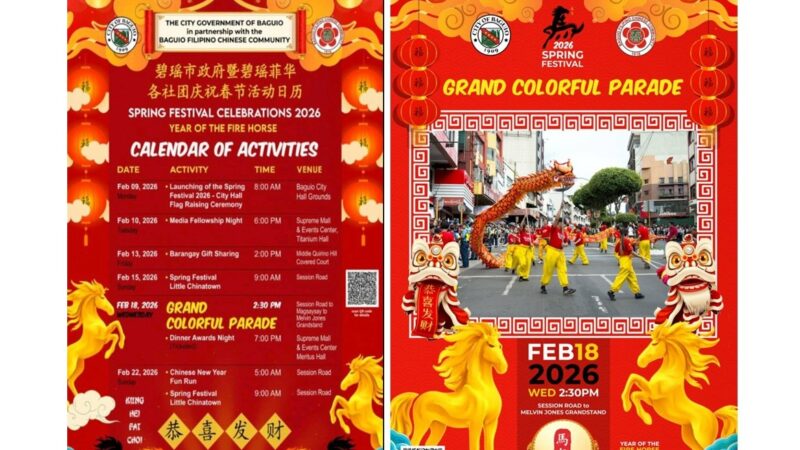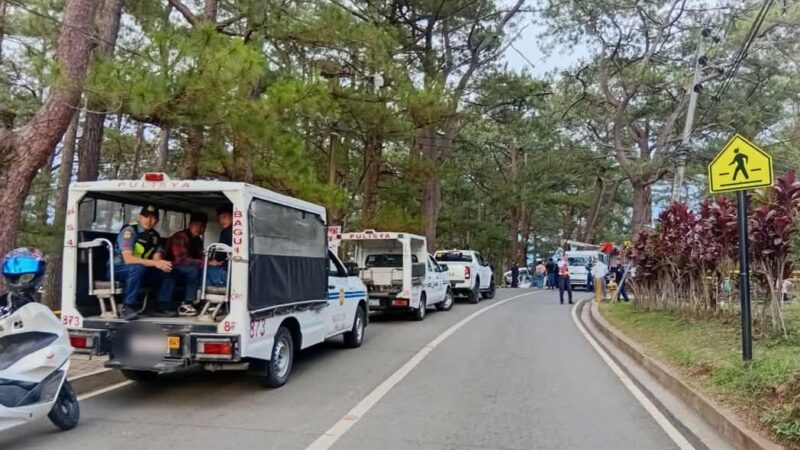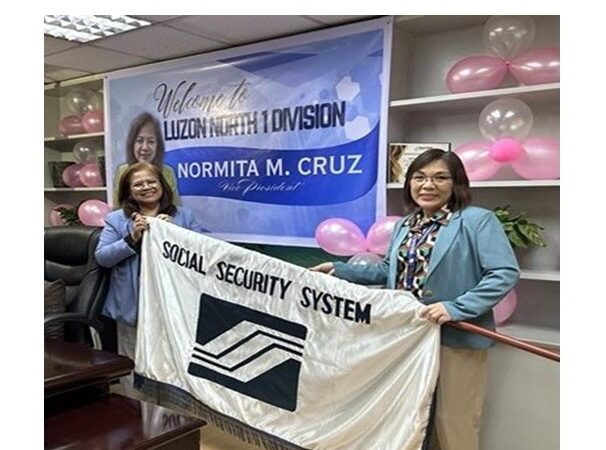Students present proposed solutions for sustainability and pollution woes, mull minimalism and edible utensils, wares
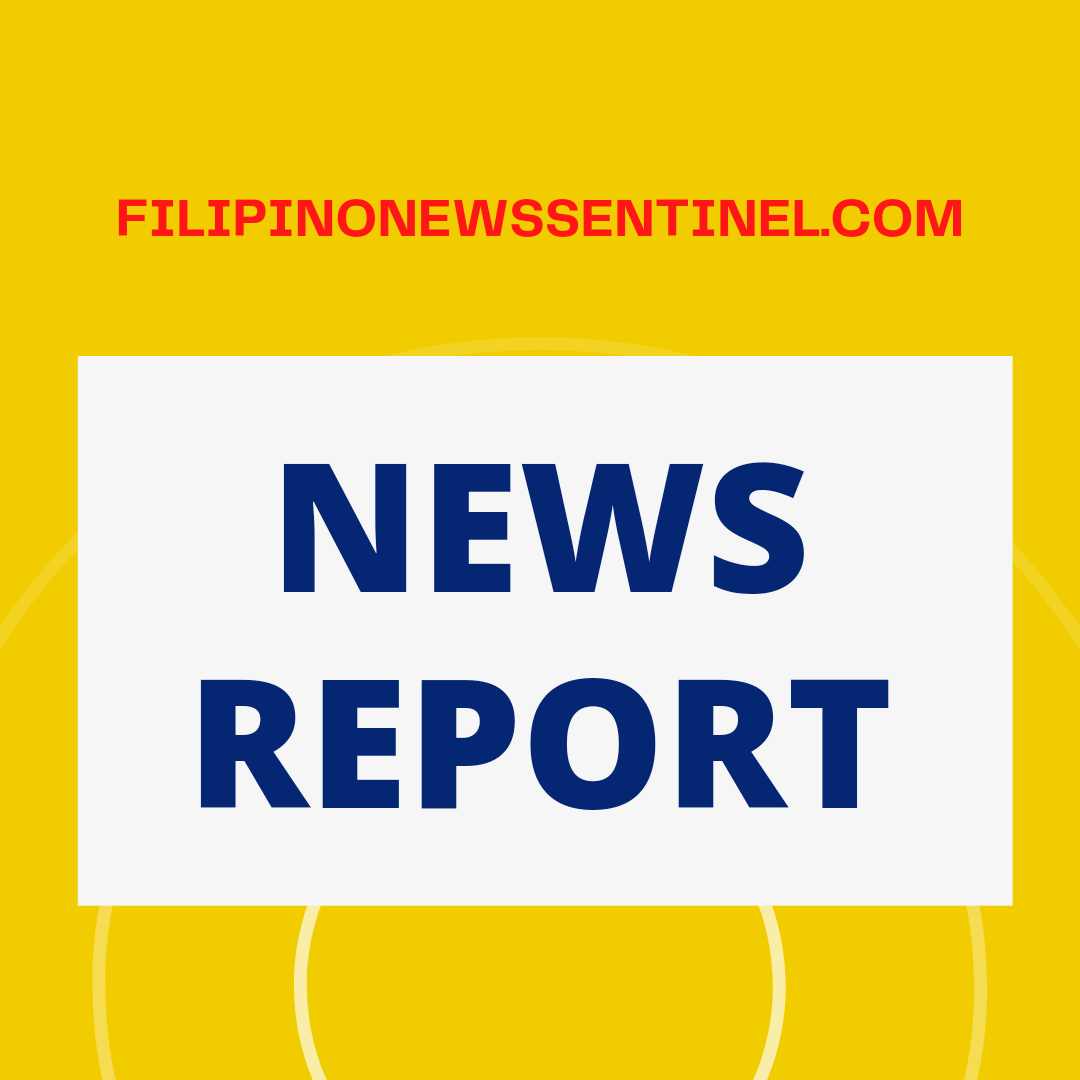
Technological, technical and practical solutions to environmental problems were presented last week by University of Baguio (UB) student leaders while on a leadership training with topics on Eco-consciousness.
A workshop was done after lectures on Eco-consciousness and Technology; Baguio Environmental Programs, Climate change concerns, Solid Waste Management Programs by City Environment and Parks Management Office (CEPMO) Assistant Head Engr. Marivic Empizo, Zero waste advocates Maria Agnes Garcia, Maria Victoria Tenefrancia and other environmental experts.
At least a hundred UB student leaders listened and presented their programs, plans and activities for environmental revival and sustainability.
Anchored on the lectures, a group of students suggested a minimalist lifestyle with only basic needs provided, for assurances of extended sustainability; with implementation to be done in coordination with the Dept. of Education (Dep-Ed).
A self-segregating waste machine, a fog harp and rainwater harvesting for reservoirs, a drone vitalizer for planting, and a waste impact calculator for household garbage should be set up, the students said. A survey on the city’s carrying capacity to ascertain remaining resources and an electronic waste (e-waste) monitoring from house to the Bakakeng e-waste facility were suggested.
The students also mulled the production and use of edible straws, utensils and cutleries; as local ingredients such as rice and flour with a sprinkling of spices are available in the country.
For technological and technical ventures, a reverse dispensing/exchange machine with a box for recyclables and coins in exchange; and a solar powered drone that detects heat from burning garbage with a camera recorder for documentation, were both presented.
Solar panels should be used to decrease electricity use, construction materials should be reused and recycled, and building materials should be energy efficient. Rainwater harvesting should be done with the water to be used for construction, gardening and flushing, the students said.
For water resources, a river barrier/strainer which pushes plastic to one side, but allows fish and wildlife to pass; and sewage as irrigation sources was suggested for research. De-clogging facilities may also be installed for wastewater, the students said.
As an offshoot of the extended responsibility for plastic manufacturers, students are batting for a plastic bottle exchange center, or for PET products to be used in a Christmas parol competition with prizes at hand. Establishments that do not use plastics should be rewarded, the students also said. Scientists at the Department of Science and Technology (DOST) are urged to embark on research to dilute or degrade plastic, the students decided.
There should be restrictions on the use of plastic bottled water, including tourists, in coordination with government offices and vendors, the students requested.
Planting trees could be more rewarding, with incentives for “volun-tree” (pine tree planting) and “pan-tree” (fruit tree planting); a raffle ticket is given for each tree planted, with prizes given to a winner drawn every month.
A group suggested an eco-pulot walk from Lucnab barangay, with gardening in available spaces; and seed scattering also to be done along the way, the students said.
Inside the house, kitchen wastes should be directly composted for a garden, while wastes converted to methane may be used for cooking. Said projects may be done in coordination with the Department of Science and Technology (DOST) and Department of Environment and Natural Resources (DENR), the students averred.
A whole community approach is needed, the students decided, engagement as to environmental issues with local folks shall be documented and presented in a proper forum.
The University of Baguio is the fourth school which underwent lectures on eco-consciousness, as part of the third Saleng Festival, a four-month celebration focused on environmental revival, sustainability and resiliency.
Results of the workshop will be forwarded to local legislators for possible legislations and presented to the Baguio Climate Change Council for future projects and funding. The students were encouraged to initiate environmental programs within their school and community with the help of the LGU CEPMO, DENR and other government/private entities – JGF with reports from CEPMO

